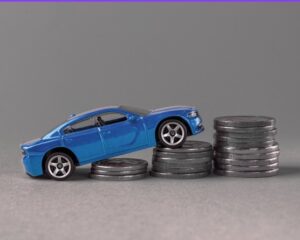Do you have a trust deed? Does your trust distribute income to multiple beneficiaries? If your trust deed was created before 29 June 2011, it will likely not comply with the current tax reform, so we suggest you keep reading.
Older trust deeds have costly consequences for you as a trustee, such as:
- not being able to determine how to define income at the end of the financial year;
- not being able to distribute expenses against particular income categories; and
- not being able to distribute specific income to certain beneficiaries.
In addition to this, outdated trust deeds may result in some beneficiaries being liable to pay tax on amounts they may not receive or are not entitled to.
How to review your current trust?
When reviewing the trust deed, your Morrows Advisor will carefully consider each proposed change to ensure the change won’t trigger a resettlement of the trust or otherwise have legal repercussions. A resettlement of the trust may be costly for beneficiaries, such as the liability for capital gains tax or stamp duty.
When revising the terms of the trust, our advisors will review the trust deed to ensure it:
- includes a definition of trust income, including capital gains;
- outlines that the trustee has the discretionary capability to adopt a different concept of income;
- provides the trustee with the power to distribute certain categories of income (both income and capital) to particular beneficiaries;
- removes the trustee requirements to distribute income or decide what type of income applies before the end of each financial year; and
- includes the powers of the trustee with revised powers where necessary.
How can Morrows Help?
It’s crucial that your trust deeds are compliant. We strongly recommend that clients reach out to their Morrows advisors so they can check the terms and ensure they are accurate and valid.





